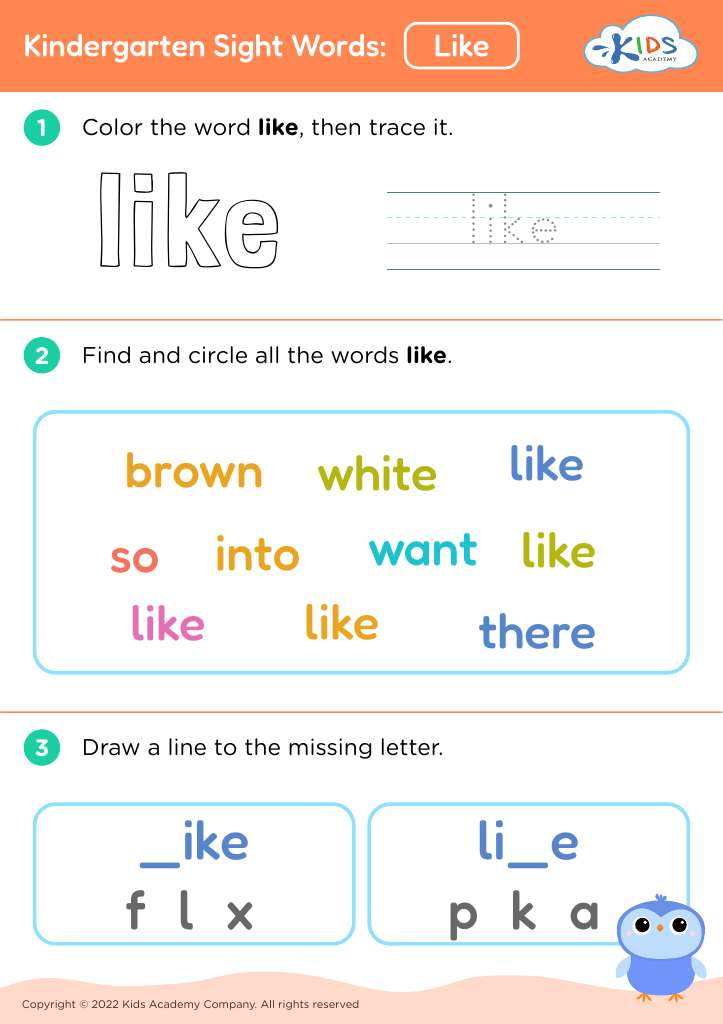Basic arithmetic skills Reading Worksheets for Ages 6-7
3 filtered results
-
From - To
Enhance your child's foundational math abilities with our engaging Basic Arithmetic Skills Reading Worksheets for ages 6-7. These worksheets are designed to support young learners as they explore essential concepts like addition, subtraction, and number patterns. Tailored for early readers, our resources incorporate fun illustrations and interactive exercises to make math enjoyable. Parents and educators can easily access these printable worksheets to encourage skill development at home or in the classroom. With an emphasis on experiential learning, these activities foster confidence in mathematical thinking while promoting a love for learning. Start your child’s arithmetic journey today the fun way!
Basic arithmetic skills and reading proficiency are crucial for children aged 6-7, laying the foundation for future academic success. At this age, children are transitioning from learning to read to reading to learn. Mastery of basic arithmetic—the ability to add, subtract, and recognize patterns—enhances logical thinking and problem-solving abilities. These foundational skills not only help in math later on but also build confidence in the child’s abilities.
Moreover, strong reading skills foster comprehension, allowing children to engage with math problems made up of written materials. When children can read effectively, they can understand math instructions, word problems, and real-life applications, such as those found in grocery shopping or time management.
Parents and teachers have a significant role in nurturing these skills through engaging activities and supportive learning environments. Encouraging practices such as reading together, utilizing educational games, and discussing mathematical concepts in daily life makes these skills more relatable and enjoyable for children. Additionally, these skills collectively promote critical thinking and prepare children for increasingly complex academic challenges. Investing time and resources in enhancing basic arithmetic and reading skills at this age will ultimately cultivate lifelong learners capable of navigating a rapidly evolving world.



















